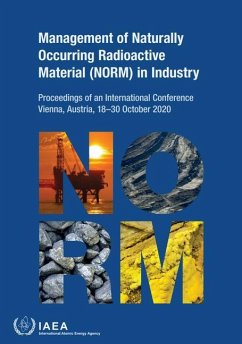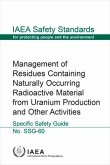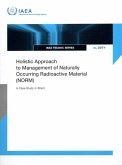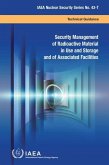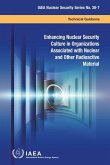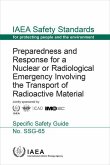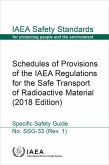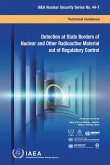Over the past few decades, many studies have found elevated natural radionuclide activity concentrations in wastes and residues from a wide range of industrial activities that are not part of the nuclear fuel cycle. Member States experienced challenges in finding feasible and implementable approaches for the proper management of such naturally occurring radioactive material (NORM) wastes and residues. This proceedings publication arises from the IAEA conference, NORM 2020, convened to address these issues. The conference was focused on the sharing of experiences in the management of NORM in industrial operations with the aim of contributing to the harmonization of practical approaches and adoption of good practices. This was the first IAEA NORM conference with this focus and builds upon previous events organized by the international community and progress in this area to date worldwide. Unique to NORM 2020 was that it brought together different stakeholders to identify current issues and expected future challenges and possible strategies for dealing with them. Although the conference was focused on industrial operations it also considered the latest technological developments and research work, regulatory requirements, and safety aspects.
Hinweis: Dieser Artikel kann nur an eine deutsche Lieferadresse ausgeliefert werden.
Hinweis: Dieser Artikel kann nur an eine deutsche Lieferadresse ausgeliefert werden.

